EU Monitor - Have you started preparing your 2022 abstract?
The EAHP EU Monitor is a regular round up of news relevant to hospital pharmacy in Europe.
#EAHP2022 – Submit your abstract by the 15th of October
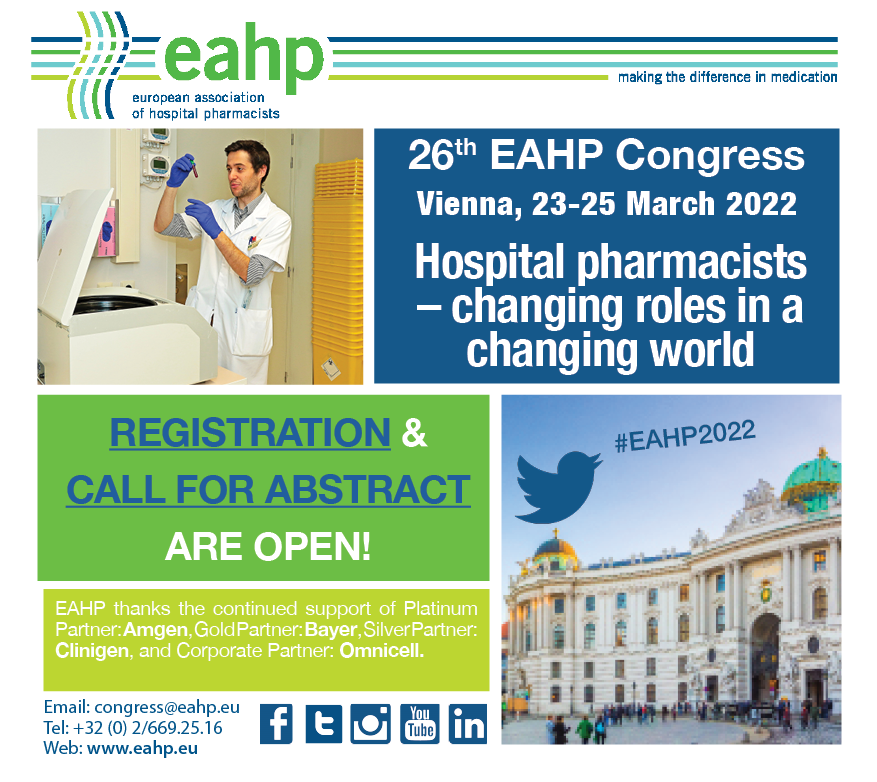
Abstract submission for the 2022 Congress of the European Association of Hospital Pharmacists (EAHP) is in full swing. Hospital pharmacists, other healthcare professionals and scientists interested in sharing their work at EAHP’s 26th Congress are encouraged to hand in their submissions by the 15th of October.
Abstracts must be written in accordance with a pre-defined structure (background, purpose, materials and methods, results, conclusions) and they should not exceed the limit of 350 words. The online submission system will guide abstract authors through the process. Abstract authors are also kindly reminded to carefully read and comply with the guidelines presented on EAHP's website which outline the review process, provide guidance to those submitting abstracts for the first time and list tips on avoiding abstract rejection. Submissions of abstracts from all disciplines of hospital pharmacy or related areas are encouraged, provided that they can be linked to one of the 44 European Statements of Hospital Pharmacy. Questions concerning the abstract submission process can be addressed to abstract[at]eahp[dot]eu.
In addition, to the abstract submission, registration to EAHP’s 26th Congress is open. If you want to join international colleagues in Vienna, Austria from the 23rd to the 25th of March 2022 don’t forget to get your ticket. Until the end of November, you can still benefit from the early bird discount.
Register for EAHP’s 26th Congress HERE
Learn more about the abstract submission process HERE
Follow us on Twitter, Facebook, Instagram, and LinkedIn to stay up-to-date with the latest news from #EAHP2022
AI recommendations by the International Coalition of Medicines Regulatory Authorities
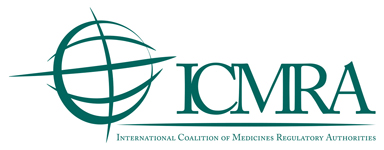
In mid-August, the International Coalition of Medicines Regulatory Authorities (ICMRA) published recommendations to help regulators to address the challenges that the use of artificial intelligence (AI) poses for global medicines regulation.
AI includes various technologies (such as statistical models, diverse algorithms and self-modifying systems) that are increasingly being applied across all stages of a medicine's lifecycle: from preclinical development, to clinical trial data recording and analysis, to pharmacovigilance and clinical use optimisation. This range of applications brings with it regulatory challenges, including the transparency of algorithms and their meaning, as well as the risks of AI failures and the wider impact these would have on AI uptake in medicine development and patients' health.
The report identifies several key issues linked to the regulation of future therapies using AI and makes specific recommendations for regulators and stakeholders involved in medicine development to foster the uptake of AI. Some of the main findings and recommendations include:
- Regulators may need to apply a risk-based approach to assessing and regulating AI, which could be informed through exchange and collaboration in ICMRA;
- Sponsors, developers and pharmaceutical companies should establish strengthened governance structures to oversee algorithms and AI deployments that are closely linked to the benefit/risk of a medicinal product;
- Regulatory guidelines for AI development, validation and use with medicinal products should be developed in areas such as data provenance, reliability, transparency and understandability, pharmacovigilance, and real-world monitoring of patient functioning.
The report is based on a horizon-scanning exercise in AI, conducted by the ICMRA Informal Network for Innovation working group and led by the European Medicines Agency (EMA). The goal of this network is to identify challenging topics for medicine regulators, to explore the suitability of existing regulatory frameworks and to develop recommendations to adapt regulatory systems in order to facilitate safe and timely access to innovative medicines.
Read the report HERE
World Pharmacist Day is approaching!
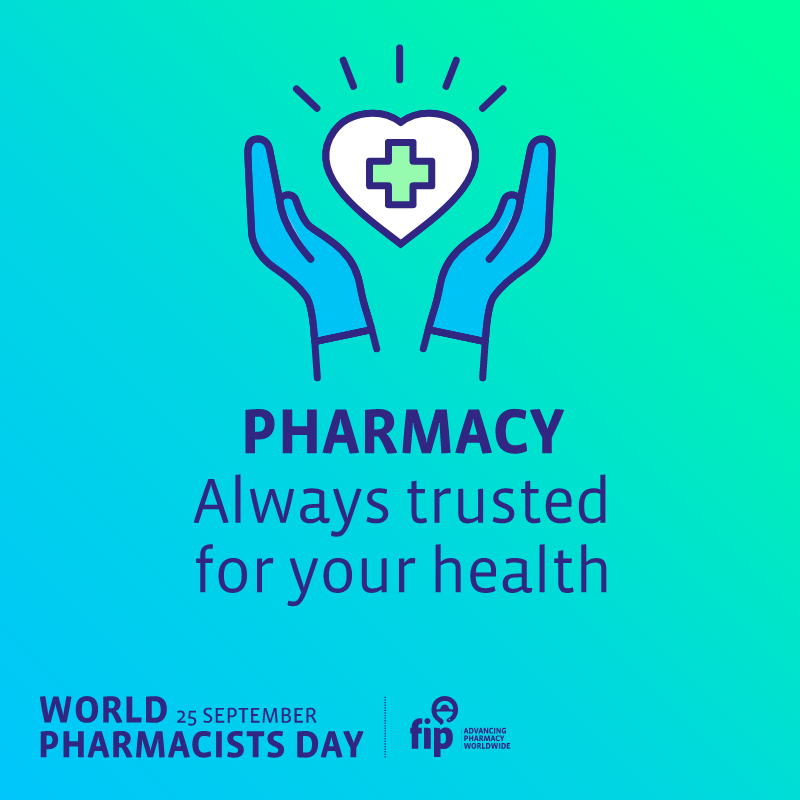
Every year on the 25th of September, the pharmacy community celebrates its achievements and shows appreciation for the profession. Established by the International Pharmaceutical Federation (FIP), the World Pharmacist Day boosts the organisation of activities that promote and advocate for the role of the pharmacist linked to this year’s theme “Pharmacy: Always trusted for your health”. EAHP is encouraging its member organisations to participate actively by communicating about the vital role that hospital pharmacists play in improving health in every corner of Europe!
Learn more about the World Pharmacist Day HERE

EAHP members – have you already looked at the offers available for members via the Wolters Kluwer partnership?
Last year, EAHP partnered with Wolters Kluwer to offer its members a subscription to Lexicomp® and UpToDate® at a special member rate. If you have not seen this offer, visit EAHP’s Member Centre to learn more!
For over 20 years Lexicomp® has provided smart, independent drug information resources that help students excel in classes and support the decision-making in rotations. Lexicomp® equips EAHP’s members with resources to assist them in their professional careers. Wolters Kluwer as a prov
ider of UpToDate® also offers to EAHP members valuable offers and discounts. With UpToDate®, hospital pharmacists that are members of EAHP can have access to more than 11,800 Clinical Topics in 25 specialities, more than 9,300 Graded Recommendations and 4,200 Pharmacotherapy Tables and Algorithm.
Visit EAHP’s Members Centre HERE
EJHP: Read the September issue
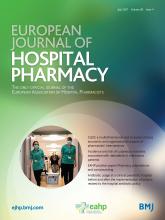
Read the September issue HERE
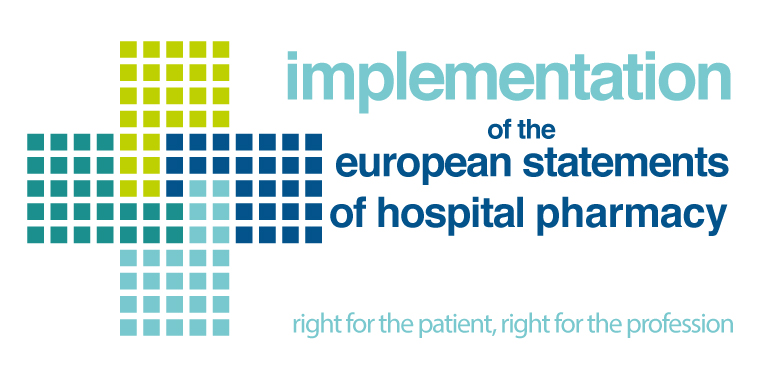
[EAHP Statement Corner]
Meet EAHP’s Statement Implementation Ambassadors
To promote the implementation of the European Statements of Hospital Pharmacy at national level EAHP has teamed up with motivated and enthusiastic hospital pharmacists willing to help their countries and others move towards Statement Implementation. The Implementation Ambassadors act as the primary link between EAHP, their national associations and the implementation activities done within their countries, convey to EAHP the needs and priorities of their countries and build resources that will help hospital pharmacists, healthcare professionals and other relevant stakeholders to implement the Statements within their hospitals.
Get to know them HERE
 [Covid-19 Updates]
[Covid-19 Updates]
EAHP’s COVID-19 Resource Centre
To assist its member associations and individual hospital pharmacists in this critical time with the provision of the best possible care for patients, EAHP has decided to gather and make available information on COVID-19 relevant for the hospital pharmacy profession.
Access the Resource Centre HERE
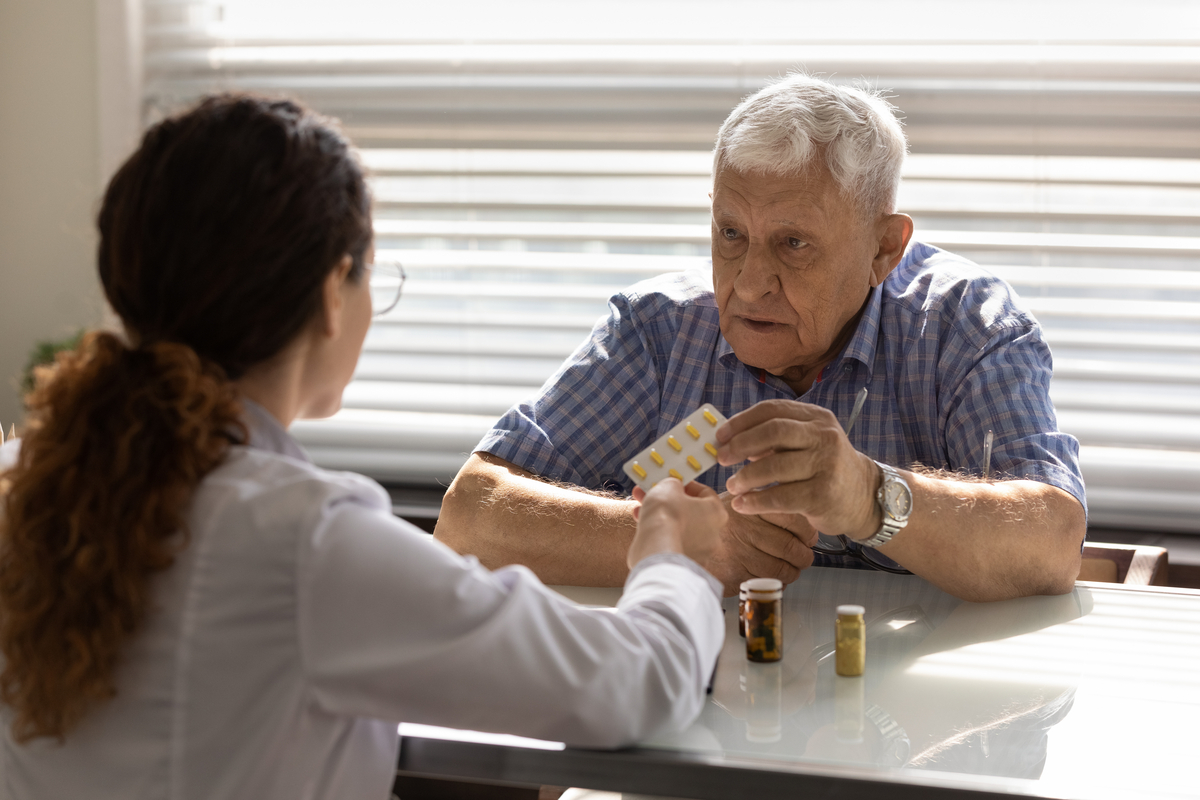 [Spotlight]
[Spotlight]
EAHP Position Paper on Access to Medicines
Ensuring that patients receive the medication they need to improve their health and to prevent and cure diseases is the key topic of EAHP’s Position Paper on Access to Medicines. Given that growing healthcare expenditure has become a problem for many European countries that also affects patients who are increasingly faced with avoidable accessibility and affordability issues, EAHP has chosen to look at the barriers to access and enablers that could help improve it.
Lack of purposeful procurement practices, national pricing and reimbursement policy choices jeopardising patients' adequate access, medicine shortages and the unavailability in certain markets that are leading to inequity between Member States are the main barriers identified in the position. For the provision of affordable medicines of good quality that are given in a timely manner to patients, EAHP advocates for breaking down these barriers to treatment access and calls for uptake of enablers that promote and safeguard the access of patients to both new life-saving medicines and older, essential medicines must be increased. Enablers mentioned refer to health technology assessments (HTAs), including common reports at EU level, collaboration and best practice sharing on pricing and reimbursement, increasing the use of prevention measures and fostering innovation and research
To achieve an equilibrium between the barriers and the enablers to treatment access, the following has been put forward by EAHP:
- Recommendation to leverage and utilise the expertise of the hospital pharmacist in pharmacoeconomics and the assessment of drug effectiveness within value-based evaluation approaches. Additionally, the implementation of the forthcoming HTA Regulation should be used for the expansion of healthcare professional input in HTAs at both European and national level.
- Support for EURIPID and the suggestion that the tool developed by this collaboration should not only be applied on its own but in conjunction with other policy measures, including transparency.
- Collaboration between hospital managers and hospital pharmacists to increase the uptake of risk assessments in hospitals.
- Investments to support the development of innovative proposals and the encouragement of practice-based research projects to investigate new fields of infectious disease control such as immunotherapy and to optimise the cost-effectiveness of systems for surveillance on antibiotic use and resistance.
In relation to the developments linked to the European Health Union aided by the implementation of the Pharmaceutical Strategy, EAHP underlined its commitment to working together with the European institutions and other stakeholders by giving a voice to access issues that otherwise might be forgotten.
Read the Position Paper on Access to Medicines HERE




